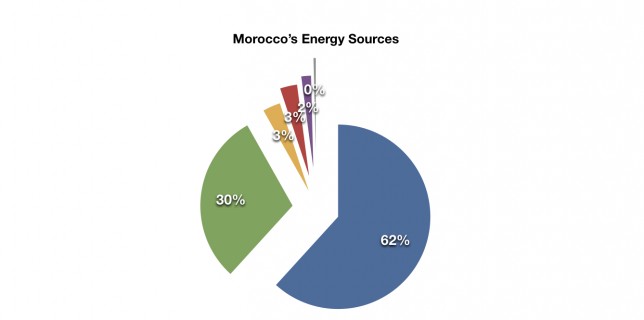Jeff Bezos’s Economic Prophecy
A few weeks ago, Jeff Bezos (of amazon.com fame) invited reporters to tour his space venture “Blue Origin.” The company has existed in some form or another since the early 2000’s, but this was the first time that Blue Origin held a formal press event. The New York Times put together a great article on the event, written by Kenneth Chang. While much of the proceedings focused on the business plans and technological achievements of the firm, Bezos also took a little time to extoll his vision for the future of humanity (as you might expect from a billionaire who privately bankrolled a Continue reading Jeff Bezos’s Economic Prophecy

